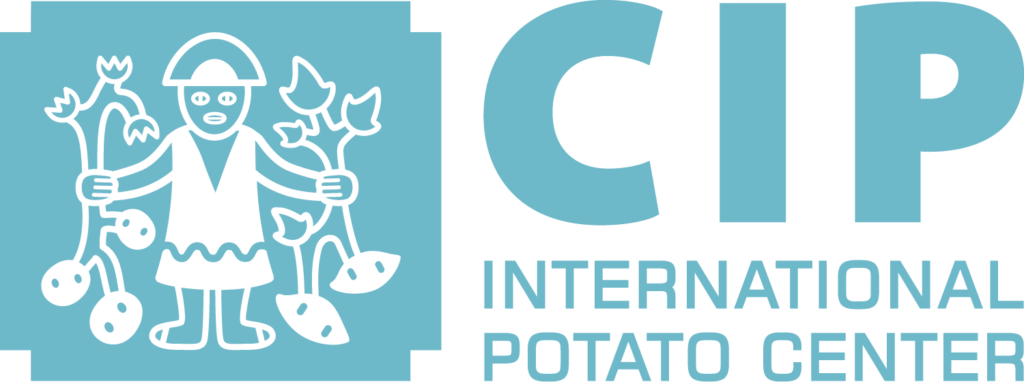Innovative technologies and dynamic markets can offer women and young agripreneurs opportunities, consumers greater access to nutritious food, and farmers help in adapting to and mitigating climate change.

These opportunities come with challenges. Pushing our planet’s environmental boundaries means we will have to produce more with less in the future. No one food source has all the solutions. But as the third and sixth most important food crops in terms of human consumption, potato and sweetpotato can play a central role in contributing to global food system transformation.
Sweetpotato has a proven capacity to contribute to the reduction of vitamin A deficiency, one of the most harmful forms of undernourishment affecting children under 5 in Africa and Asia. Consumed by more than one billion people worldwide, potato contributes to the incomes and wellbeing of tens of millions of small-scale farmers and businesses. New heat- and drought-tolerant potato and sweetpotato varieties are helping farmers adapt to the ravages of climate change. Early-maturing potatoes provide more flexibility for cultivation, allowing the crop to be grown during fallow periods of cereal-based systems, which relieves pressure on scarce land and water resources, improves farm incomes, and contributes to the sustainable intensification and diversification of agri-food systems.
In pursuing a healthy, inclusive and resilient world through root and tuber farming systems, the International Potato Center (CIP) works closely with a myriad of national and international partners in providing evidence to decision-makers, facilitating the adoption at scale of science-based practices and building capacities of key stakeholders. Our outcomes—the scientific evidence, proven technologies and development pathways—contribute to meeting seven of the United Nations Sustainable Development Goals (SDGs).
Between 2013 and 2018, research for development by CIP and partners has benefited more than seven million households. This report provides examples of how CIP and its many partners are helping to meet specific SDGs. These include: upskilling farmers for new opportunities in Asia; catalyzing markets in Kenya; enabling greater food and nutrition security in Malawi; safeguarding and using agrobiodiversity in Peru; and climate-smart sweetpotato breeding in Africa.
By developing, disseminating and promoting biofortified orange-fleshed sweetpotato varieties, CIP-led work has established this crop as a cost-effective and sustainable nutritious food source. By working with large food processors and fresh root traders in Africa, we have also facilitated the development of new sweetpotato value chains and income generating opportunities for women and young people. Our adaptive research on the management of potato seed quality, integrated cropping, postharvest and value chain approaches has helped farmers in Africa, Asia and Latin America significantly increase yields and incomes.
The dynamic and highly heterogeneous farming and production systems worldwide require new approaches. To enhance our capacity to deliver innovative science-based solutions, CIP revised its corporate strategy in response to changing global needs and development priorities. Over the next five years, it will guide our efforts in reaching a further 10 million households with innovative technologies to improve nutritional outcomes, foster employment and business growth, and drive climate resilience.
All these achievements have been made possible by the generosity of our funders, the dedication and passion of our staff and partners, and the strength of our broad-based agri-food system partnerships. Central to our partnerships has been the CGIAR Research Program on Roots, Tubers and Bananas (RTB). A truly collaborative endeavor, recognized for its research achievements, RTB demonstrates how targeted investments in research for development can contribute to the delivery of innovative solutions for the world’s most pressing challenges.

Barbara H. Wells
Director General

Rodney Cooke
Chair, Board of Trustees




